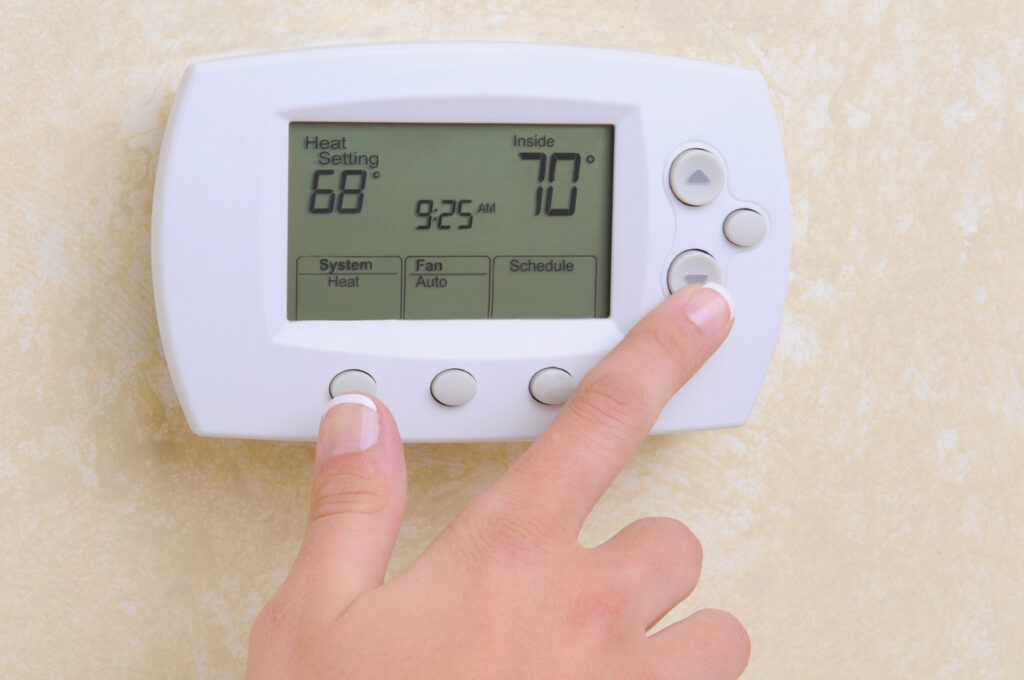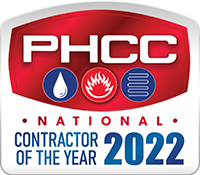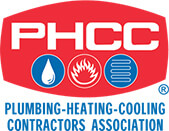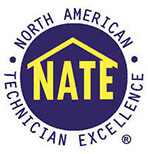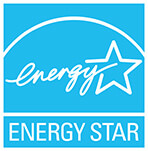
With the cold and crisp winter weather at your door, setting your thermostat at the right temperature can greatly improve your home’s comfort and your heating system’s efficiency.
But what’s the right temperature? We recommend setting your thermostat to 68 degrees during the day and 65 at night to optimize your furnace’s function.
Count on United Air Temp to help you strike the perfect balance between energy efficiency and warmth this season.
Can I Turn Off My Heat When I’m Not Home?
Turning your heat off when you’re not at home may be tempting if you see it as wasting energy to heat an empty house, but your house isn’t exactly empty.
Your home’s infrastructure can be damaged in extremely cold temperatures. Without heat, you may have to deal with frozen or burst pipes and the costly expenses of repairs to your plumbing and water-damaged areas upon your return.
What’s the Best Winter Thermostat Setting When You’re Out of Town?
You can set your thermostat even lower when you’re away on a trip. We recommend 55 to 60 degrees as the lowest temperature setting.
This will maintain a stable and protective environment for your home, preventing the deep freeze of the outdoors from causing unwanted havoc.
Optimize Efficiency With a Smart Thermostat
You’ll never forget to set your thermostat at the right temperature again. With a smart or programmable thermostat, you can pre-set different thermostat settings based on your schedule.
Whether you’re on vacation or away at the office, your smart thermostat puts your home’s comfort at your fingertips. This cutting-edge solution to indoor temperature control allows you to personalize your comfort needs from your smartphone.
With programmable thermostats, you can set the temperature and count on your system operating on your scheduled setting.
How Can I Save on My Utility Bills?
Reducing energy consumption is a major concern for most homeowners. At United Air Temp, we understand the challenges of maintaining efficiency, comfort, and savings when it comes to your heating — and we believe you shouldn’t have to choose between staying warm and keeping your utility bills low.
Here are a few ways you can save on energy costs this winter:
- Change your air filters: Changing air filters can restore optimal air flow and reduce the strain on your furnace.
- Reverse your ceiling fans: If your ceiling fan runs clockwise, it will push warm air from the ceiling down, making your home feel more comfortable without raising your thermostat.
- Schedule a fall furnace tune-up: A poorly performing system consumes a lot of energy, fails to maintain consistent temperatures, and ultimately costs more money to operate. A tune-up ensures all parts of your system are working together to deliver efficient and effective heating.
- Sign up for a maintenance plan: As HVAC systems age, they become less efficient. Signing up for a maintenance plan ensures you have an annual tune-up to promptly handle routine inspections, cleaning, and repairs.
- Replace your aging furnace: An old furnace can be expensive. With mounting heating repair costs, high energy consumption, and diminished efficiency, replacing your system is an investment in your long-term savings.
- Invest in dual-fuel heating: Dual-fuel systems have a heat pump for cooling and most heating and a gas furnace for heating in extremely cold temperatures. You’ll optimize energy efficiency and have strong gas heat when you need it.
Choose UAT for Furnace Services in DC & NOVA
At United Air Temp, we’re continuing a legacy of quality services that’s 90 years and counting. With 24/7 emergency heating repairs, highly trained technicians, and upfront pricing, you can rest easy knowing that our team is on the job.
Whether you’re dealing with a complete system failure or minor repairs or need routine maintenance, we’re here to help bring warmth, convenience, and comfort to your home.
Schedule furnace services in Northern Virginia or Washington, DC, by calling United Air Temp at (202) 796-7990 now.



